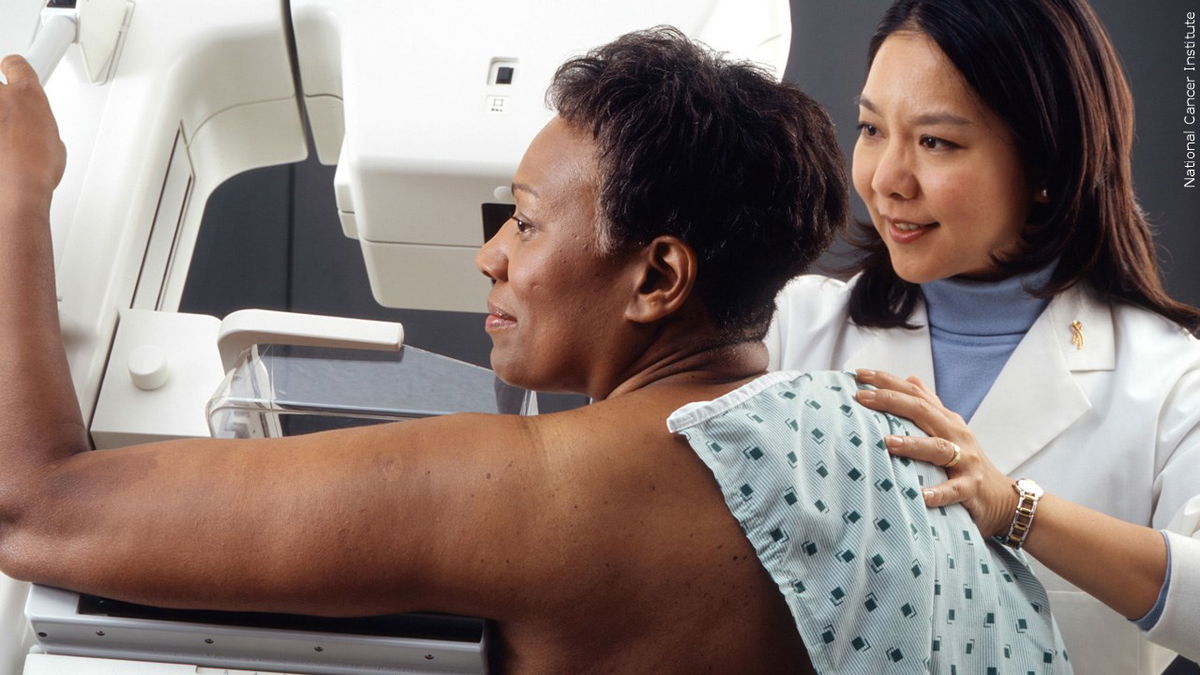Research finds genetic connection to higher breast cancer deaths in Black women

By Michael Lee
Click here for updates on this story
TORONTO (CTV Network) — A new study examining racial disparities in breast cancer survival is pointing to differences at the molecular level to explain why mortality rates may be higher in Black women.
Research from the non-profit biomedical research institute Sanford Burnham Prebys, based in the La Jolla neighbourhood of San Diego, Calif., has found “significant” molecular differences in the expression of DNA repair genes in the breast cells of white and Black women, the organization said in a news release on Tuesday.
“What we’re seeing here is a tangible molecular difference in how these cells repair damaged DNA — a critical factor in the development of cancer — which affects how cells grow and reproduce in tumors,” said Svasti Haricharan, an assistant professor at Sanford Burnham Prebys.
Published in the journal Therapeutic Advances in Medical Oncology, the researchers say the differences between white and Black women existed in both healthy breast tissue and tumours positive for estrogen receptors, also called ER+, one of the most common forms of breast cancer.
The study looked at healthy and tumour tissue from 185 Black women and compared them to samples from white women.
They found eight genes involved in DNA repair expressed themselves differently in Black women, along with “consistent” molecular differences in the cellular signals controlling how fast cells can grow.
“The way each human being responds to cancer treatment is influenced by so many internal and external factors that are unique to each of us,” Haricharan said.
“The scientific community has to confront this and invest time and money into understanding it, because everybody deserves care that is tailored to their molecular makeup as closely as possible.”
Black people have the highest cancer mortality rate of any racial or ethnic group in the United States, the study notes, with breast cancer making up about one-third of all cancer diagnoses among Black women. Black women also are 42 per cent more likely to die of ER+ breast cancer compared to white women, the study says.
The researchers add that while lifestyle and socioeconomic factors, including access to health care, contribute to the disparity, those alone are not enough to account for the difference.
“Society has internalized the narrative that lifestyle factors are to blame for racial differences in health outcomes, so most scientists don’t look at molecule-level differences between people,” Haricharan said.
“It also makes people who are sick feel they are somehow at fault because of how they’re living their lives. Now we’re seeing that it’s so much more complicated than that.”
The researchers say Black women are “severely” underrepresented in virtually all datasets of patient tumours, stressing that studying cancer in different racial and ethnic groups is needed to improve outcomes for historically marginalized patients.
They say Black women may benefit from earlier treatment with CDK inhibitor drugs, which help stop cancer cells from multiplying by blocking biochemical signals known as cyclin-dependent kinases. This is due to the researchers finding significantly higher levels of one type of CDK in the tumour tissue of Black women.
“This is something we can act upon immediately, because helping these women is less about finding a new drug and more about changing the timing for treatments we already have available,” Haricharan said.
Please note: This content carries a strict local market embargo. If you share the same market as the contributor of this article, you may not use it on any platform.
Sonja Puzic
sonja.puzic@bellmedia.ca